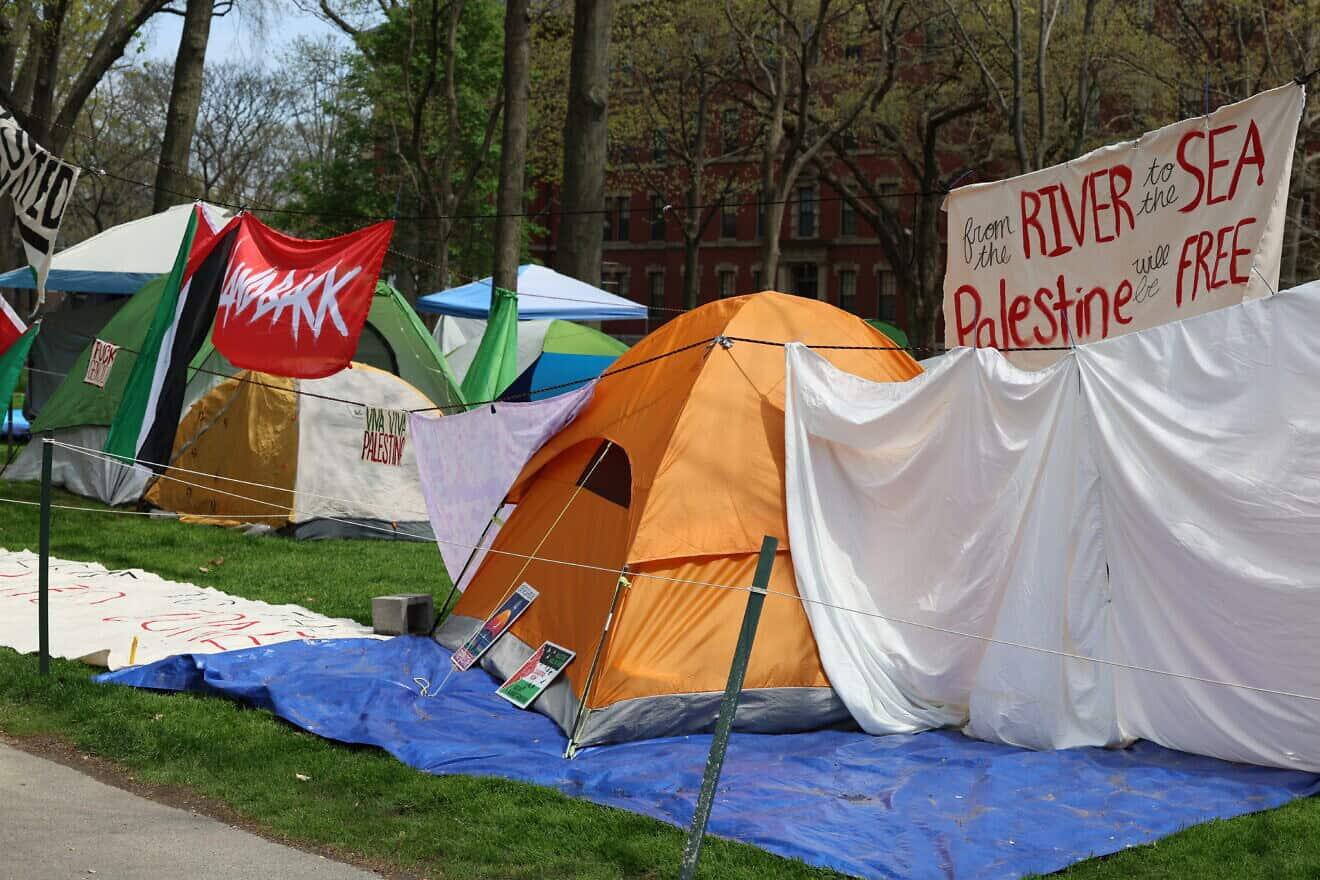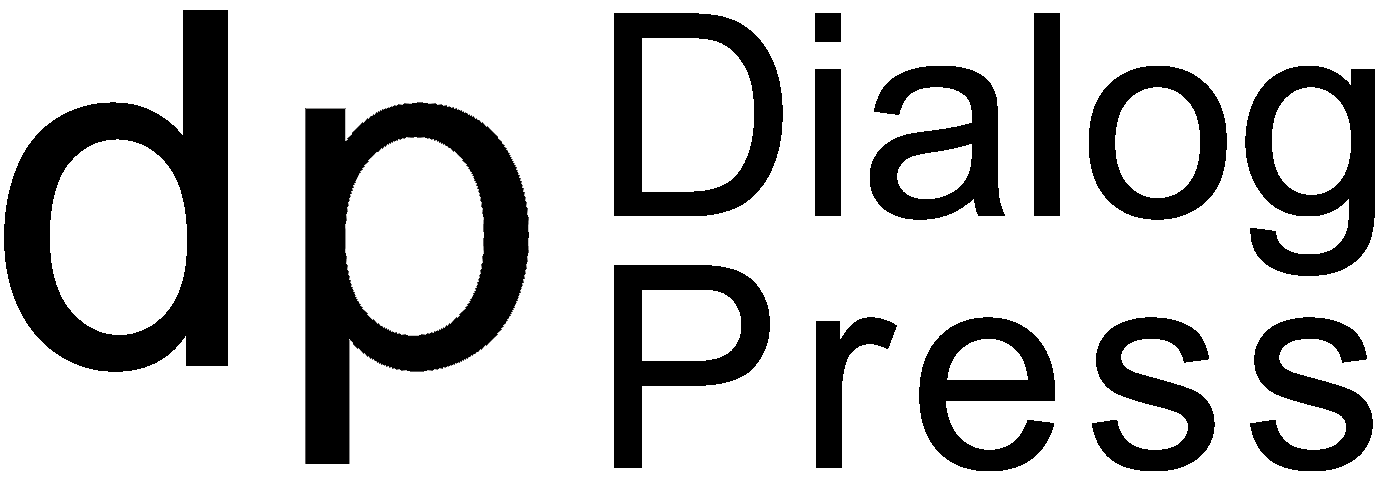When Antisemitism Is No Longer Taboo
Reflecting on the response of Nazi-era hatred on the streets of Montreal.

Last week, as Concordia University students staged a “strike” to protest the ongoing Israel-Hamas war in Gaza, video captured someone giving a Nazi salute to nearby Jewish students while repeatedly declaring the “final solution is coming your way.” Antisemitism has become far too common, but this incident, which had unmistakable Holocaust echoes, still had the capacity to shock. Soon after, the culprit was identified as Mia Abdulhadi, the co-owner of two Second Cup coffee cafe franchises improbably located in the Montreal Jewish General hospital.
The Concordia events later gave way to violent riots in Montreal, but this particular case has been hard to shake. Part of it stems from the affirmation of the campus antisemitism concerns that have been voiced for many months by Jewish students and faculty. Despite the denials, the reality is that the line between legitimate protest and the use of reprehensible antisemitic slurs was blurred long ago. University presidents have acknowledged as much, yet largely failed to respond. The net effect – as evidenced last week – is that the Jewish community has faced intolerable discrimination on campus and is too often left to fear for its own safety.
The incident was also emblematic of the disappointing political leadership in leading the fight against antisemitism. To its credit, within hours Second Cup ownership unhesitatingly shut down the café and cancelled its franchise agreement, stating that it had a zero tolerance policy for hate. The swift action stood in sharp contrast to the political response, with many waiting to craft inoffensive tweets, trying to “both sides” the issue, or saying nothing at all. The missing leadership has sadly also been par for the course for the past year.
Yet perhaps the most disturbing aspect was the denials that that there had been any antisemitism at all. Almost immediately, social media lit up with claims that the person responsible had been a “Zionist plant” or an “agent provocateur”. In other words, it was instantly time to blame the Jews. If this sounds familiar, the response mirrors the recent Amsterdam pogrom, where a Jew hunt in the city of Anne Frank was quickly reframed as a case of soccer hooliganism in which the Jews had it coming.
Social media is filled with bots that are often best ignored. But these comments came from journalists, professors, and even a rabbi closely aligned with fringe anti-Zionist groups. Those comments actively responded to posts from Jews and Jewish groups (including my own) with confident proclamations that this was “an obvious plant” or “so fake”.
When evidence surfaced that it was not a Jewish conspiracy but rather precisely what it looked like – a pro-Palestinian protester resorting to the vilest form of hate – those same accounts said nothing or doubled down by claiming “there were many good reasons for thinking” that the Jewish community was behind it. It goes without saying, but you don’t need the Canadian government’s new handbook on antisemitism to know these comments trade in age-old antisemitic tropes that paint Jews as mistrustful and deceitful.
It also raises troubling questions about how that mindset plays out in other environments. How does a professor who retweets unsubstantiated conspiracy theories tying Jews to Nazi hate speech treat Jewish students fairly in the classroom? How does a journalist cover antisemitic incidents in Canada if their first instinct is to think they are fake? How does an anti-Zionist group claim to support the interests of the Jewish community when it suspects that the community resorts to fraudulent antisemitic incidents and can’t be trusted?
The answer is that antisemitism is far more pervasive than we care to admit. When there is no taboo or consequences for trading in the very worst antisemitic behaviour, the political bromides that “this isn’t who we are” appear dangerously out of touch. Indeed, months of antisemitic incidents on campuses and on Canadian streets is now attracting global attention and putting Canada on the map in the very worst way. This is precisely who we are now.
Michael Geist is a professor of law at the University of Ottawa.
